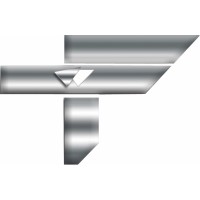
Simetrycal
Simetrycal es una empresa de base tecnológica (EBT) surgida en 2010 de la ETSI( Escuela Técnica Superior de Ingeniería) de la Universidad de Sevilla. Ofrecemos un servicio metrológico integral, complementando gestión, prestación de servicios e I+D+i a la industria, centros tecnológicos y laboratorios. Simetrycal surge como complemento y extensión de las actividades del Centro Andaluz de Metrología (CAM) para poder adecuarnos a las necesidades de la industria y ofrecerle un servicio más completo, ágil y dinámico. Aprovecha la experiencia y los conocimientos del CAM y colabora con él en actividades de I+D, sirviendo de interfaz con la industria para estas actividades. Al mismo tiempo, su estructura le permite prestar un servicio más ágil, tanto en tiempo de respuesta como en la búsqueda de las soluciones más adecuadas a las necesidades planteadas. Uno de nuestros objetivos es seguir trabajando para potenciar la investigación,el desarrollo tecnológico y la innovación en la metrología industrial mediante la colaboración con el Centro Andaluz de Metrología (CAM) y las empresas que requieren servicios metrológicos.






